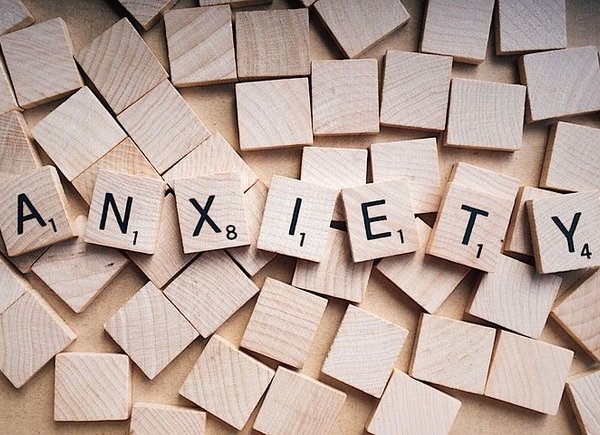
Many landlords will be worried about the current situation and how they will be impacted if their tenants lose their job and can’t afford to pay the rent. Some landlords rely on their rental income as their only source of income and may be worried about being able to pay their own mortgages as well as their buy to let mortgages.

The situation is changing daily but this is our guidance as of 26th March 2020.
Landlord Insurance. Check your Landlord’s insurance policy and see if you have Rent Guarantee included with your policy. Alternatively, you may find that it is included in your Letting Agent’s management fee if you have opted for a top-level full management service. Unfortunately, in the current crisis it is no longer possible to arrange Rent Guarantee insurance with any insurance companies.
Tenant Insurance. Some tenants may have life or critical illness insurance cover. Self-employed tenants should contact their insurer and check to see if there are any necessary provisions for interruption of work within their policy.
Universal Credit. It is your tenants’ responsibility to contact their local authority if they are having difficulty in making their rental payments. They need to do this to access any benefits like Universal Credit that may be available to them and to make themselves aware of any Government schemes that may assist with rental payments over the coming weeks.
Statutory Sick Pay (SSP). The government has legislated for SSP (£94.25 per week) to be paid from day 1, rather than day 4, of absence from work due to sickness or the need to self-isolate.
Self-employed Tenants. The Chancellor has announced a raft of measures to help self-employed people. Most importantly the Government will pay self-employed a grant of 80% of their average monthly profits up to £2,500 a month, as long as they have a tax return for 2018/2019. This will be open to anyone with trading profits up to £50,000.
Mortgage Holiday. The Financial Conduct Authority has issued new guidance to mortgage lenders on how to treat customers fairly during the COVID crisis. You can read more here but please note that ‘payment holiday’ means you agree with your lender that you will not have to make mortgage payments for a set amount of time. You will still owe the amounts that you don’t pay as a result of the payment holiday and interest will continue to be charged on the amount you owe. At the end of the payment holiday, you will have to make up the missed payments.
Mortgage payment breaks are only being offered to landlords whose tenants are experiencing financial difficulty due to the Covid-19 outbreak and as such, your tenants will need to provide you with the following information to allow you to apply (if you have a buy-to-let mortgage):
- Sign off note from Doctor (obtainable via 111)
- Comparable wage slips showing a decrease in income or SSP payments
- Bank statements for comparison showing the same decrease in income
- Letter from their employer showing reduced hours/layoff
- Letter from their accountant confirming a reduction of income
- Copy of benefits claim

Rental Payment Holiday. There is going to be plenty of help but it will take time for the funding to come through so as a Landlord, you may want to offer your tenants a rental holiday. Similar to a mortgage payment holiday, the rent will be deferred rather than written off. It will still be owed and accrue on your tenant’s account so anything they can do to minimise the debt will help them in the long term. If you want to offer your tenants a payment holiday (or temporary reduction/deferment of part rent), we suggest that you work out a payment plan with your tenants for the accrued rent.
For further information about the Government’s support for those affected by COVID19, please click here. The Government has also published the following guidance for Landlords and Tenants which you can read here.
Lou Fletcher, Piccolo Property Services






Share this with
Email
Facebook
Messenger
Twitter
Pinterest
LinkedIn
Copy this link